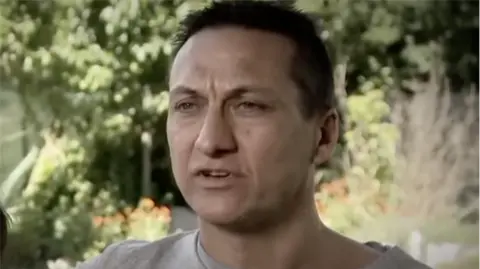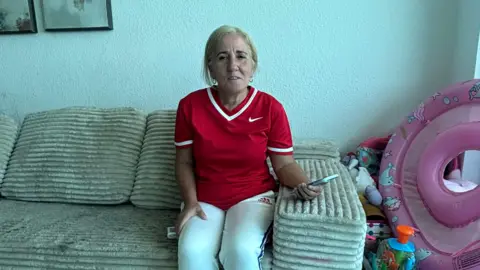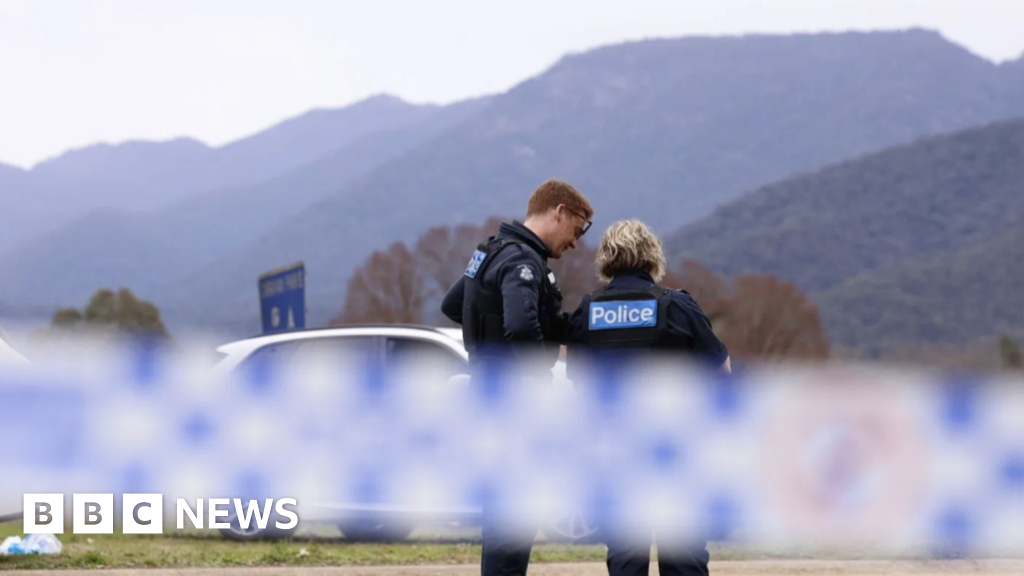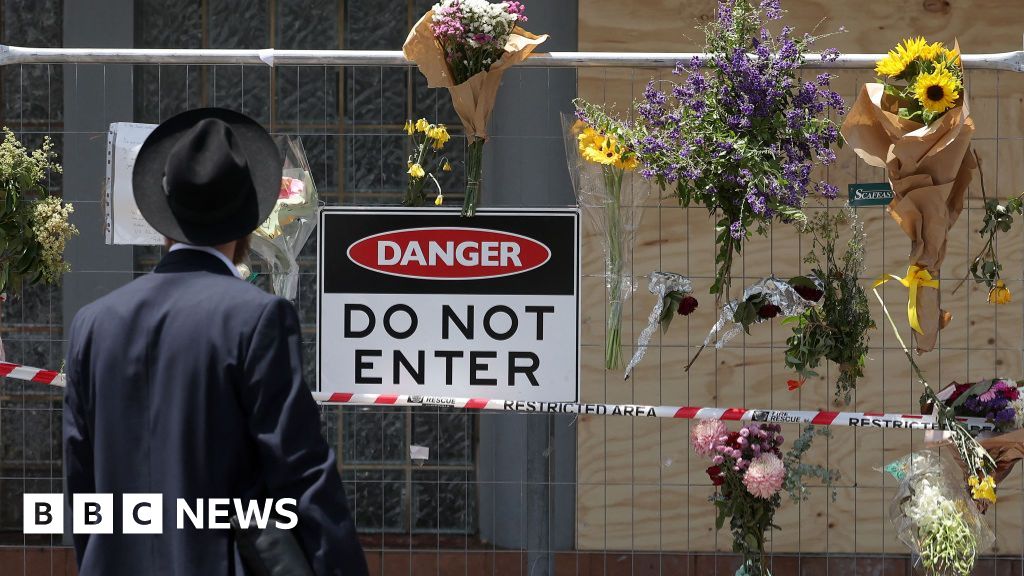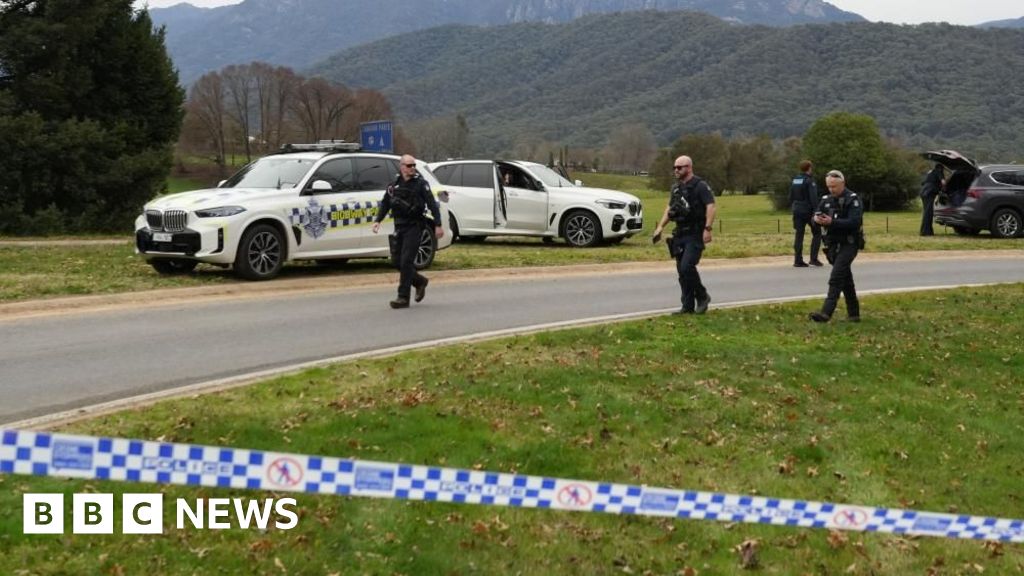Elizabeth was diagnosed with diabetes in 2019 and was instructed to receive daily insulin injections. However, her parents adhered to the beliefs of their sect, which claims that divine intervention could cure her, leading them to deprive her of necessary medical treatment for nearly a week. The leader of The Saints, Brendan Stevens, received a 13-year sentence, with 11 other members receiving terms from six to nine years.
Justice Martin Burns stated that while Elizabeth’s family loved her, their misguided beliefs regarding faith healing resulted in her unnecessary suffering and death. Prosecutors depicted Elizabeth as a bright child who endured significant pain during her final days while the congregation focused on prayer rather than seeking medical assistance. Witnesses recounted how her father maintained that she would rise again after death, refusing to accept the severity of her condition.
Elizabeth’s sister, Jayde, who has distanced herself from the sect, provided testimony against her parents, illustrating the heightened tensions within the family due to strict religious convictions. She recounted the group’s rejection of conventional healthcare and described the sect as holding extreme views on holidays and modern practices.
As Australia grapples with the implications of this case, it raises questions about the intersection of faith and medical responsibility. The tragic story serves as a stark reminder of the potential consequences when personal beliefs conflict with necessary healthcare, highlighting the urgency of ensuring that children's medical needs are prioritized above all else.
Justice Martin Burns stated that while Elizabeth’s family loved her, their misguided beliefs regarding faith healing resulted in her unnecessary suffering and death. Prosecutors depicted Elizabeth as a bright child who endured significant pain during her final days while the congregation focused on prayer rather than seeking medical assistance. Witnesses recounted how her father maintained that she would rise again after death, refusing to accept the severity of her condition.
Elizabeth’s sister, Jayde, who has distanced herself from the sect, provided testimony against her parents, illustrating the heightened tensions within the family due to strict religious convictions. She recounted the group’s rejection of conventional healthcare and described the sect as holding extreme views on holidays and modern practices.
As Australia grapples with the implications of this case, it raises questions about the intersection of faith and medical responsibility. The tragic story serves as a stark reminder of the potential consequences when personal beliefs conflict with necessary healthcare, highlighting the urgency of ensuring that children's medical needs are prioritized above all else.







